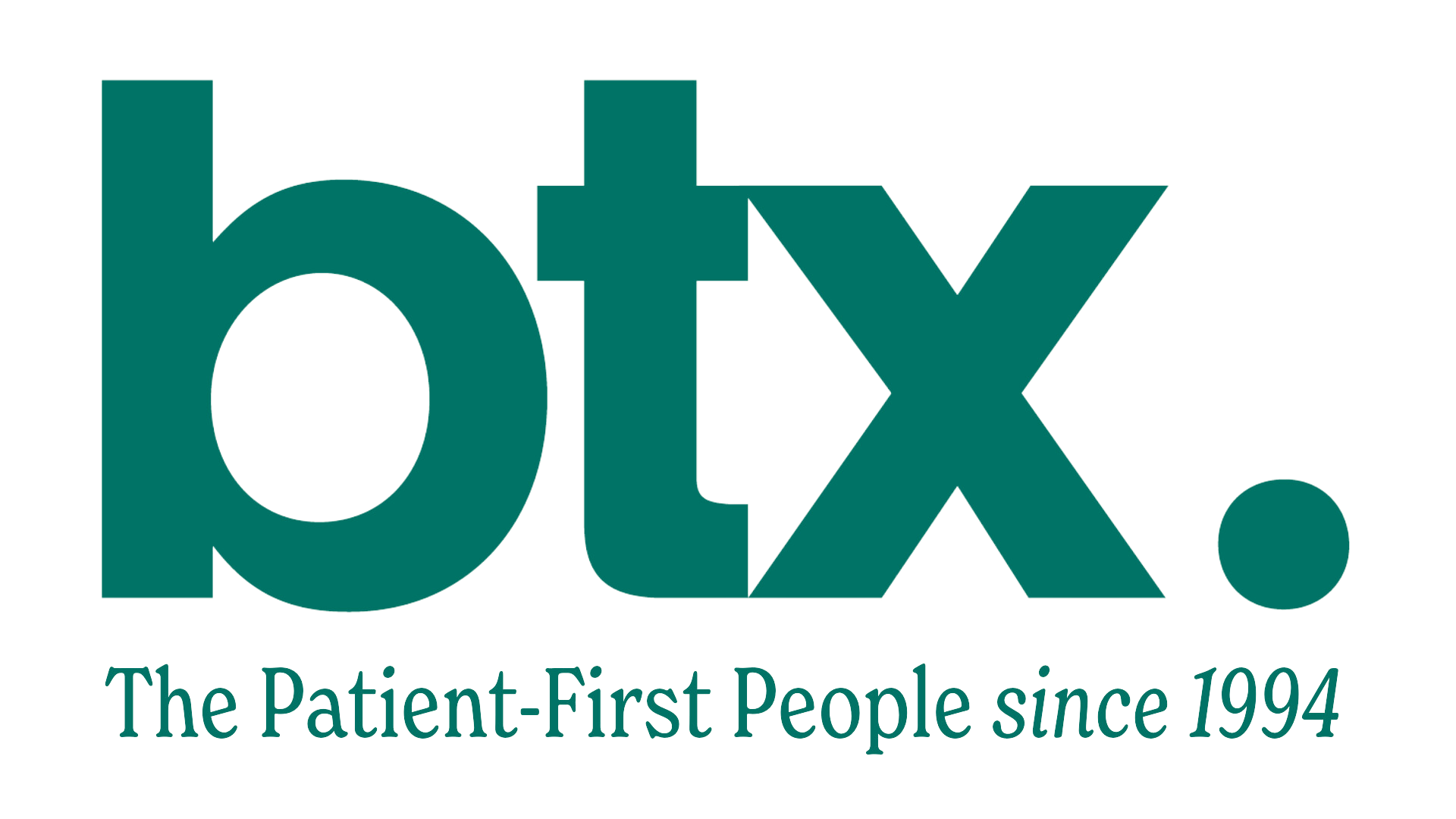|
Ongoing Tenant Evaluations In the last rule review, we covered initial tenant evaluations. 481-69.22 (2) and (3) requires that once a tenant is admitted to the assisted living program, there are required ongoing evaluations that must be completed. Again, each evaluation must consist of the three components – health, functional, and cognitive to be compliant. Unless a significant change of condition occurs shortly after admission, the next required evaluation will be within 30 days of occupancy. This is calculated by calendar days, so ensure that you have a process of tracking when these evaluations are due. Once this evaluation is complete, evaluations are required at least annually and whenever a tenant has a significant change in condition. In assisted living, a significant change of condition can be somewhat subjective whereas the nursing home has very specific criteria for completing a significant change of condition Minimum Data Set (MDS). Each tenant’s condition and change must be considered as a possible significant change. There are two recommendations that I usually provide when programs ask me if an event would require a significant change evaluation. The first is to use the flow chart in Table A that the department developed. This walks you through various scenarios based on questions to determine if a nurse review, evaluation, and service plan update is necessary. You can find this on the last page of 481-69. Secondly, I would offer that if you are in doubt of whether a significant change exists, you should complete an evaluation. Completing evaluations when they were not necessary does not result in non-compliance but failing to complete them does. This rule is commonly cited with examples including but not limited to:
|













